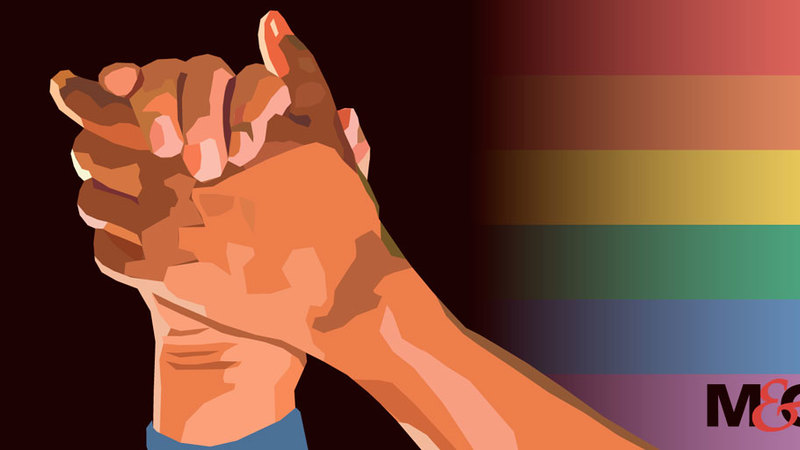In a victory for queer people in Botswana, the Gaborone high court on Tuesday ruled sections of Botswana’s Penal Code which criminalizes same-sex sexual conduct unconstitutional.
Certain sections of the penal code impose a maximum sentence of seven years imprisonment for consensual same-sex relations.
The court, however, ruled these provisions “discriminatory because they take away the only means of sexual expression of the applicant”.
According to Christian Science Monitor correspondent Ryan Lenora Brown, who was at the court on Tuesday, judge Michael Leburu said that it is “not in the public interest” to criminalize same sex sexual conduct.
“What compelling public interest is there necessitating such a law? There is no victim.”
The judge added: “The state cannot be sheriff in people’s bedrooms.”
A Human Rights Watch report written by Alok Gupta, titled This Alien Legacy — The Origins of “Sodomy” Laws in British Colonialism, found that Section 377 was “a model law” introduced by the British in 1861 and then exported to its other colonies.
The report argued that many of the countries that outlaw same-sex relations do so “because they once were British colonies”.
“They brought in the legislation … because they thought ‘native’ cultures did not punish ‘perverse’ sex enough. Section 377 was … a colonial attempt to set standards of behaviour, both to reform the colonised and to protect the colonisers against moral lapses. It was also the first colonial ‘sodomy law’ integrated into a penal code… Its influence stretched across Asia, the Pacific Islands and Africa — almost everywhere the British imperial flag flew.”
The list of African countries that inherited versions of this law is expansive: Botswana, Gambia, Ghana, Kenya, Lesotho, Malawi, Mauritius, Nigeria, Seychelles, Sierra Leone, Somalia, Swaziland, Sudan, Tanzania, Uganda, Zambia and Zimbabwe.
The judgement in Botswana comes on the heels of a very different judgement in Kenya, where the colonial-era laws against homosexuality were upheld. In what is being described as “a blow for human rights”, the Kenya high court found last month that laws targeting lesbian, gay, bisexual, transgender and intersex (LGBTI) people do not breach the country’s Constitution.
In delivering judgment, the court however ruled that, because “the sexual orientation of a person is their right to privacy … societal norms of heteronormativity cannot overrule the right to privacy”. It also found that LGBTI people have been shunned from accessing health services, which in turn intrudes on their dignity.
“Sexual orientation is innate to human beings and is not a fashion statement,” the court stated. “Homosexuality is not unAfrican, but it is one other way Africans identify but have been repressed for many years.”






